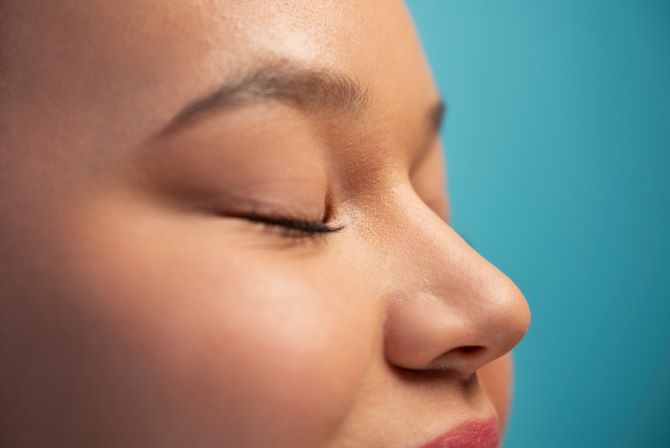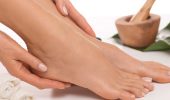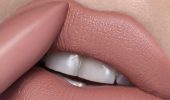Dry skin is one of the most common issues and often leads to flaking. This is especially frequent in the nose area. While peeling may seem like a minor inconvenience at first glance, it can cause discomfort and reduce self-confidence. At Joy-pup, we’ll look into the main causes of nose skin peeling and share effective ways to address it.
Causes of Nose Skin Peeling

Dry Skin
Dry skin is one of the main causes of peeling. Cold weather, strong winds, or excessive sun exposure strip the skin of its natural moisture, leading to dryness and flaking.
Irritation from Skincare Products
Some skincare products contain harsh ingredients—such as alcohol or fragrances. Especially sensitive skin may react negatively to these products, resulting in irritation and peeling.
Allergies
Certain ingredients in skincare or cosmetic products can cause an allergic reaction, which manifests as redness, itching, and flaking of the skin.
Exposure to UV Rays
UV radiation damages the skin’s protective barrier. As a result, the regeneration process is triggered, which can be accompanied by peeling.
Skin Conditions
Seborrheic dermatitis, psoriasis, or eczema can cause skin peeling, including on the nose. These conditions require special attention and treatment.
Dehydration
A lack of water in the body reduces skin hydration, making it more vulnerable and prone to peeling.
How to Treat Nose Skin Peeling

Use a Suitable Moisturizer
Choose a light moisturizer containing hyaluronic acid, ceramides, or glycerin. Apply it twice a day to lock in moisture.
Gentle Regular Exfoliation
Once a week, use a mild natural scrub, such as an oatmeal-based one, to remove dead skin cells. Avoid harsh exfoliants to prevent further irritation.
Avoid Harsh Products
Check the ingredients in your cosmetic products. Avoid those containing alcohol, fragrances, and other potentially irritating components. Opt for hypoallergenic and gentle formulas.
Use Sunscreen
Even on cloudy days, apply a sunscreen with at least SPF 30. Choose one that suits your skin type.
Use a Humidifier
In dry climates or during the heating season, a humidifier can help maintain optimal humidity levels indoors and prevent skin from drying out.
Don’t Forcefully Remove Peeling Skin
Avoid manually removing flaky patches — this can lead to micro-injuries and inflammation. Allow the skin to heal naturally. If the condition worsens, consult a dermatologist.
Read also: 6 Summer Skincare Mistakes to Avoid.







Only registered users can leave comments